September is World Alzheimer’s Month, a chance to shine a spotlight on this devastating condition and other neurodegenerative diseases that lead to dementia. Throughout the month, we’ll be highlighting the ground-breaking research and initiatives being undertaken by dementia scientists, discovering how they’re uncovering more about the fundamental causes and, most importantly, unlocking the knowledge to develop much-needed treatments.
This month marks the 10th year of the international campaign co-ordinated by Alzheimer’s Disease International. With World Alzheimer’s Day itself falling on Tuesday 21 September, this year’s theme is “Know Dementia, Know Alzheimer’s”, with an extra focus on the early indicators and diagnosis of dementia.
Keep in touch
To follow our activities across the month, keep an eye on the UK DRI website newsfeed, and dedicated World Alzheimer’s Month blog article, where we’ll be highlighting all recent developments including new awards announcements and special features. We’re also active on Twitter (search @UKDRI) and LinkedIn so please follow us there.
You can also stay updated on all the latest breakthroughs in dementia research and exciting initiatives from the Institute by signing up to the UK DRI’s public monthly e-newsletter ‘Inside Eye on UK DRI’.
World Alzheimer's Day
In our first public webinar on 29 September 2021, we explored how research is helping to detect early signs of neurodegeneration and dementia, even before symptoms begin. The webinar featured talks from Prof Julie Williams (Centre Director, UK DRI at Cardiff), Dr Antoinette O’Connor (UK DRI at UCL) and Prof Payam Barnaghi (UK DRI Care Research & Technology) and the session was chaired by Dr Marc Aurel Busche (UK DRI at UCL). This event was organised with our charity founders Alzheimer’s Society and Alzheimer’s Research UK.
30 Sept 2021
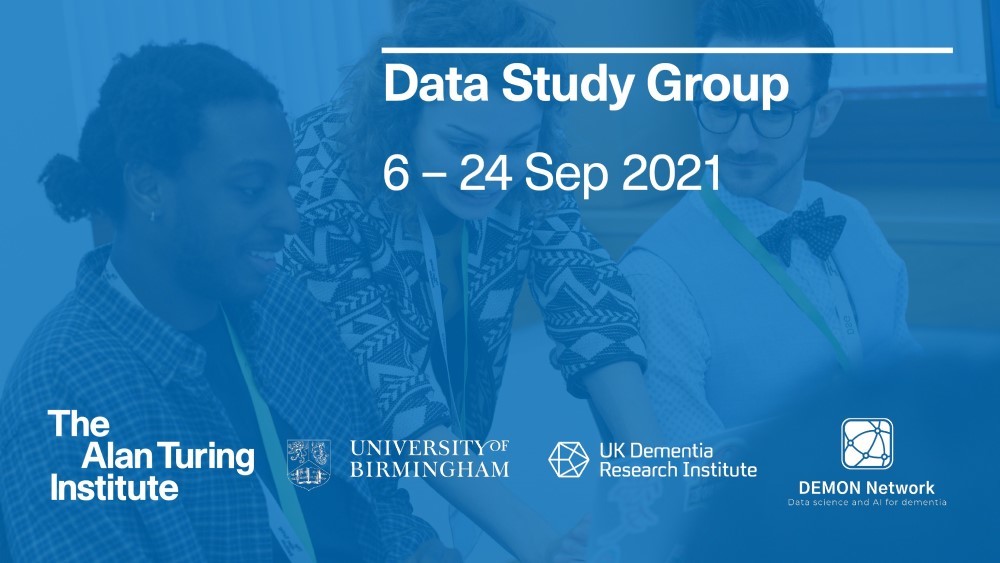
This World Alzheimer’s Month, early career researchers from across the UK and beyond have been hard at work harnessing data science and AI to solve real life problems in dementia and health research. Data Study Groups are ‘collaborative hackathon’ style events organised by The Alan Turing Institute, and the September 2021 event featured dementia challenges set by the UK DRI in collaboration with the DEMON Network. We found out more about the projects these data scientists embarked upon and the innovative solutions they have uncovered.
30 Sept 2021
For this World Alzheimer's Month, we have asked researchers from across the UK DRI a series of questions about themselves and their research into dementia and neurodegeneration. In our last video in this series, we asked researchers what their hopes are for where dementia research is taking us. Thank you to all the researchers who took part in this video series.
30 Sept 2021
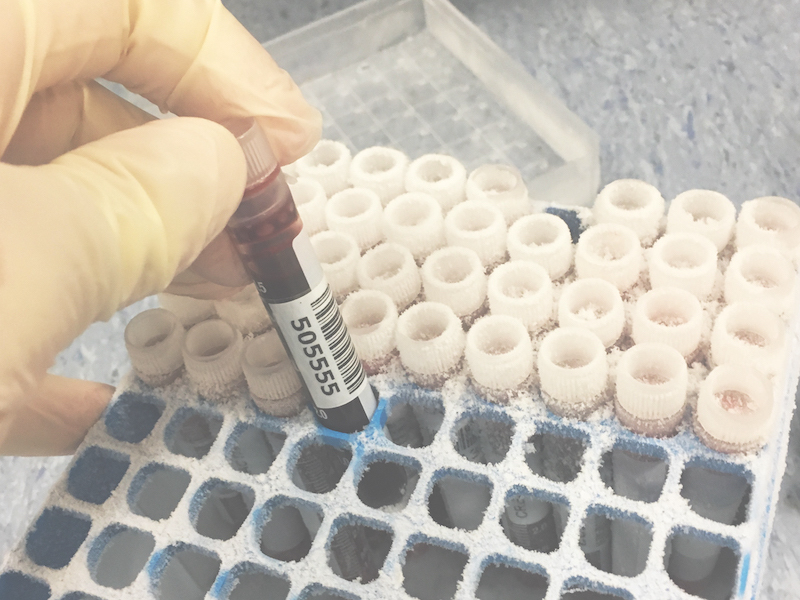
A new study led by Prof David Sharp, Centre Director at UK DRI Care Research & Technology, has used a state-of-the-art blood test to track damage to the brain in people who have sustained traumatic brain injury (TBI). Measuring the protein biomarker in the blood will provide a simpler, more accurate way to predict clinical outcomes and may help to identify those at higher risk of developing dementia.
29 Sept 2021
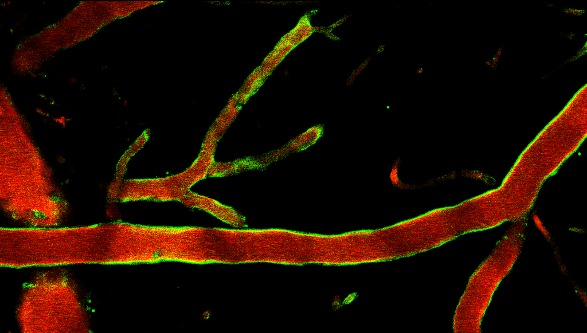
Year by year, our knowledge of the fundamental biology behind dementia is improving and with it, progress made on promising new therapeutics. What has become most evident is the need to target the earliest stages of diseases like Alzheimer’s, to maximise impact and save as much of the brain as possible. A growing area of interest is the specialised blood vessel network surrounding the brain, the blood-brain barrier, whose dysfunction and breakdown is thought to be one of the initial events in several neurodegenerative diseases.
29 Sept 2021
For this World Alzheimer's Month, we have asked researchers from across the UK DRI a series of questions about themselves and their research into dementia and neurodegeneration. In this video, we asked researchers about the memorable experiences they have had in the lab. Thank you to all the researchers who took part and look out for the upcoming videos in this series.
28 Sept 2021
For this World Alzheimer's Month, we have asked researchers from across the UK DRI a series of questions about themselves and their research into dementia and neurodegeneration. In this video, we asked researchers what the best thing about being a scientist is. Thank you to all the researchers who took part and look out for the upcoming videos in this series.
27 Sept 2021
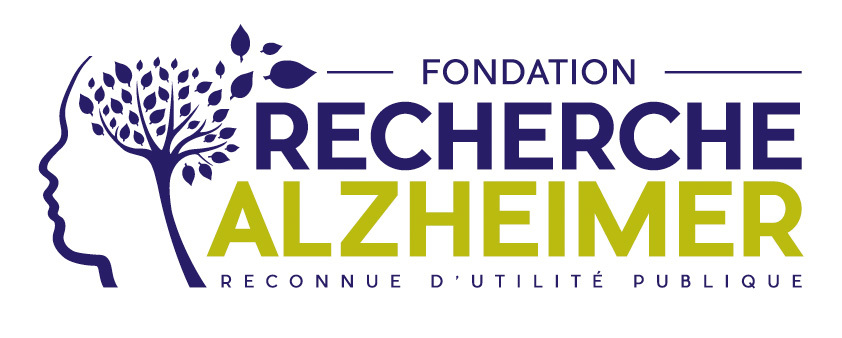
Dr Axel Montagne, Group Leader at UK DRI at Edinburgh, has been awarded this year’s SCOR Young European Researcher Prize from Fondation Recherche Alzheimer based in France. We caught up with Axel to find out more about what receiving the prize means to him, his experiences of joining the UK DRI last year and his research into dysfunction of the blood-brain barrier.
27 Sept 2021
For this World Alzheimer's Month, we have asked researchers from across the UK DRI a series of questions about themselves and their research into dementia and neurodegeneration. In this video, we asked researchers who their scientific role models are. Thank you to all the researchers who took part and look out for the upcoming videos in this series.
24 Sept 2021

It was fantastic to see so many people get involved with our #WhyWeResearch campaign to raise awareness of all the amazing work around dementia and neurodegeneration. Thank you to everyone who took part. Here is a twitter moment to celebrate all the reasons #WhyWeResearch.
22 Sept 2021
For this World Alzheimer's Month, we have asked researchers from across the UK DRI a series of questions about themselves and their research into dementia and neurodegeneration. In this video, we asked researchers what was their main motivation for becoming a dementia researcher. Thank you to all the researchers who took part and look out for the upcoming videos in this series.
21 Sept 2021

This World Alzheimer's Day, UK DRI Director Prof Bart De Strooper, reflects on what is needed to get ahead of dementia, developing cutting-edge diagnostics and groundbreaking discovery research to feed the pipeline for new treatments.
21 Sept 2021

This World Alzheimer’s Day (21 September), we are delighted to announce two new Emerging Leaders at the UK DRI: Dr Wioleta Zelek (UK DRI at Cardiff) and Dr Aitana Sogorb-Esteve (UK DRI at UCL). Both have been awarded prestigious Race Against Dementia (RAD) Fellowships and join the 11 Emerging Leaders announced earlier in the year.
21 Sept 2021
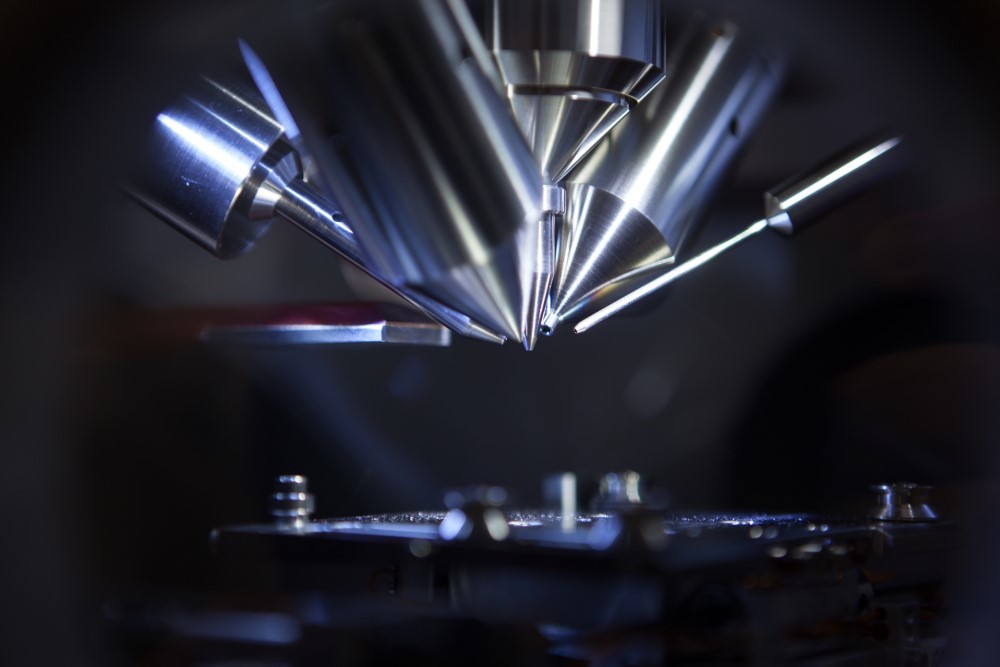
Advances in technology help drive scientific discoveries. To enable researchers to investigate neurodegeneration and dementia in new ways, the UK DRI has established the ‘Proteomics’ and ‘Single Cell and Spatial Transcriptomics’ technology platforms. These provide researchers with access to specialist equipment for studying protein and gene expression patterns at an unprecedented level of detail.
17 Sept 2021
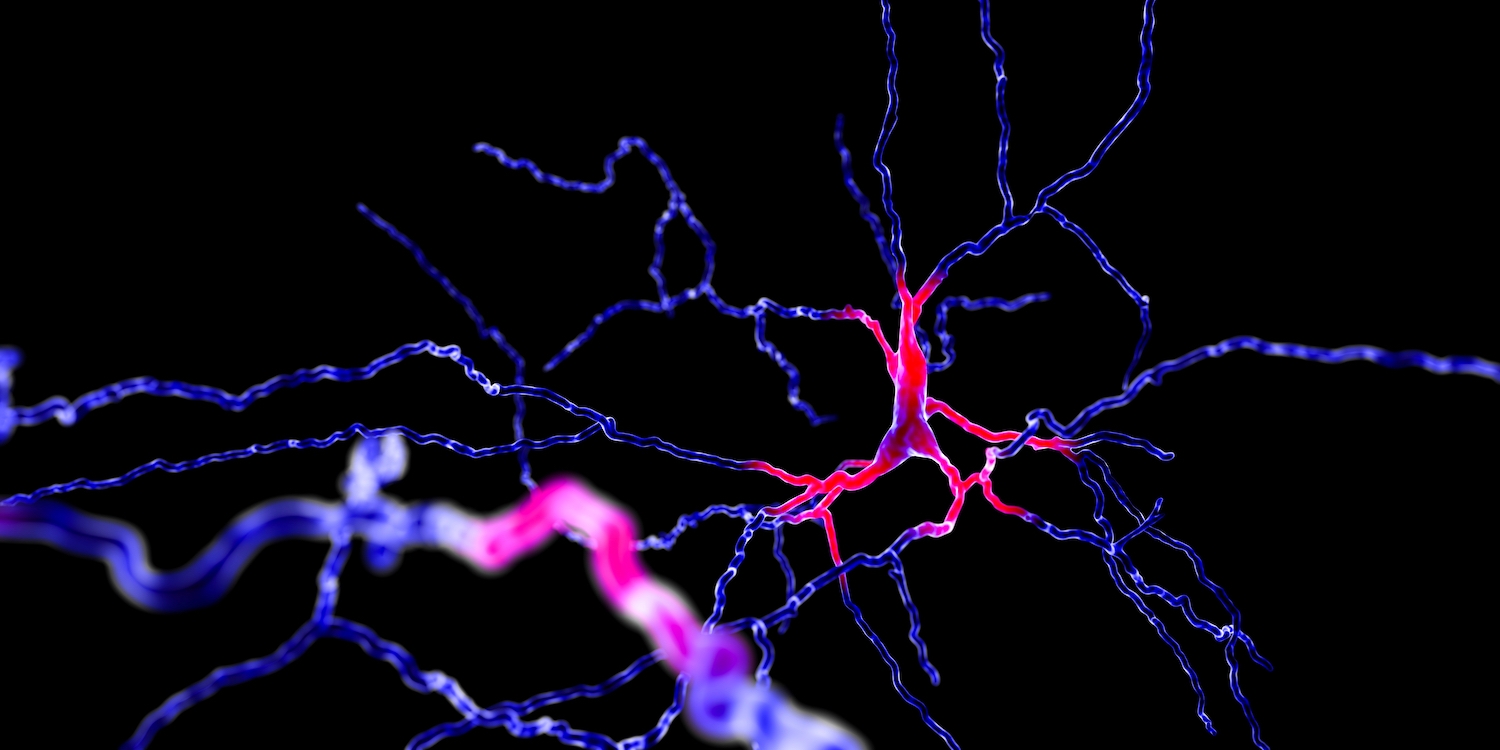
In a new study published today (14 Sept) in Cell Reports, researchers have shown that the protein BCL11A plays a neuroprotective role in a mouse model of Parkinson’s disease. The team, led by Prof Sandra Blaess from the Institute for Reconstructive Neurology at the University Hospital Bonn, and involving Dr Emmanouil Metzakopian from the UK DRI at Cambridge, believe the finding could open up avenues for new Parkinson’s treatments.
14 Sept 2021

Prof Sir David Klenerman, UK DRI Group Leader at Cambridge, and Prof Sir Shankar Balasubramanian have been awarded the 2022 Breakthrough Prize for their development of Next Generation Sequencing (NGS). The groundbreaking technology has significantly reduced the time and cost associated with sequencing a human genome, revolutionising modern research and medicine.
10 Sept 2021
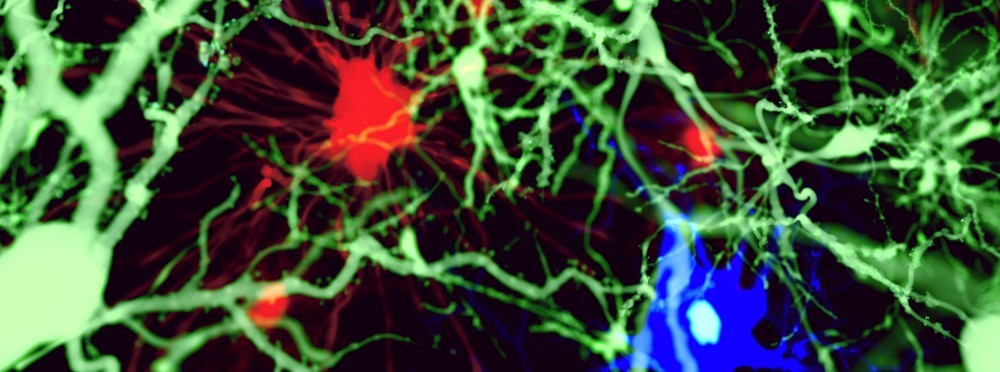
The Medical Research Council (MRC) has awarded £1.5 million to fund research into gene expression associated with Alzheimer’s disease. Led by Prof Jonathan Mill (University of Exeter), in collaboration with UK DRI Emerging Leader, Dr Sarah Marzi (UK DRI at Imperial), and researchers from the Universities of Essex and Bristol, the team will investigate changes between different brain cell types, to better understand disease mechanism and uncover new treatment opportunities.
10 Sept 2021
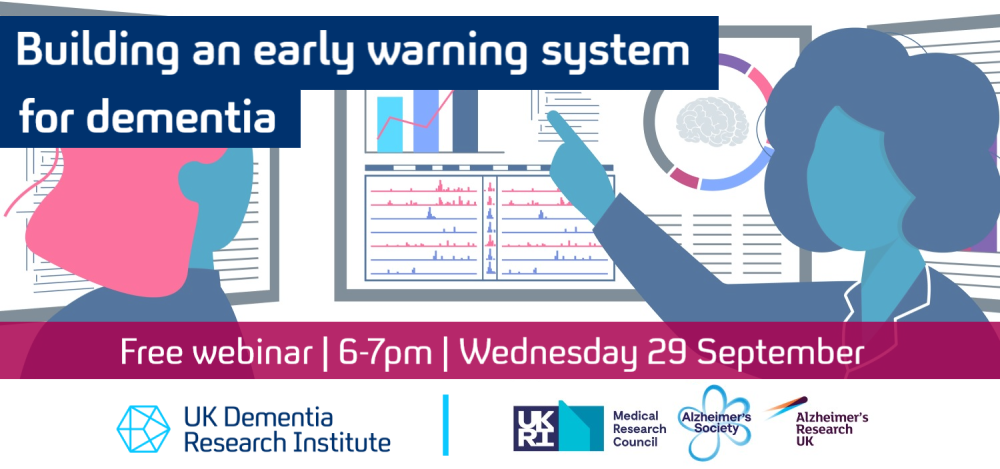
The UK DRI is delighted to welcome you to our free live one-hour public webinar on Wednesday 29 September, 6-7pm: Building an early warning system for dementia.
In this special UK DRI “meet the researchers” public webinar, organised with our charity founders Alzheimer’s Society and Alzheimer’s Research UK, we’ll explore what an early warning system for dementia could look like. We’ll hear from researchers working to develop a simple blood test for Alzheimer’s, find out how technology in our home can help detect changes in our behaviour and learn more about how better understanding of our genetics could identify those most at risk.
09 Sept 2021

The UK DRI welcomes the new Parliamentary report, “Fuelling the Moonshot”, which calls on the Government to confirm funding for the UK DRI for the next ten years. The report makes a case for how the Government’s promised ‘Dementia Moonshot’ funding should be spent to best support research into dementia and neurodegeneration.
08 Sept 2021

The Covid-19 pandemic and lockdowns had a huge impact around the world, forcing many people into isolation. For those living with dementia and their carers, this was especially difficult as many had relied on in-person community groups to meet up with others. To help those with dementia stay connected at this time, the Community Makers project was established to support groups transitioning online with resources such as technical advice and monthly forums.
06 Sept 2021
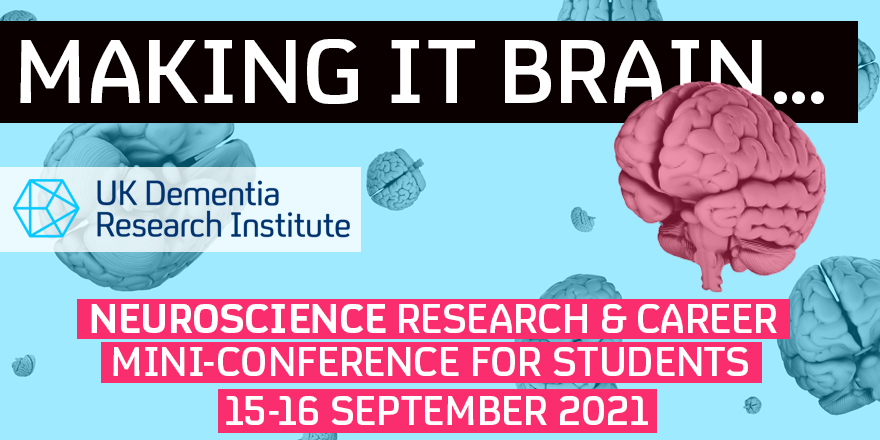
The UK Dementia Research Institute (UK DRI) is delighted to host our first research and careers mini-conference for late-stage (16+) secondary school students!
Taking place 15–16 September 2021, this is a brilliant opportunity to learn more about the career of an academic scientist or clinician and their fascinating research into the workings of the brain. We’ll be showcasing diverse topics from across our Institute - from cells to circuits, systems to patients!
03 Sept 2021
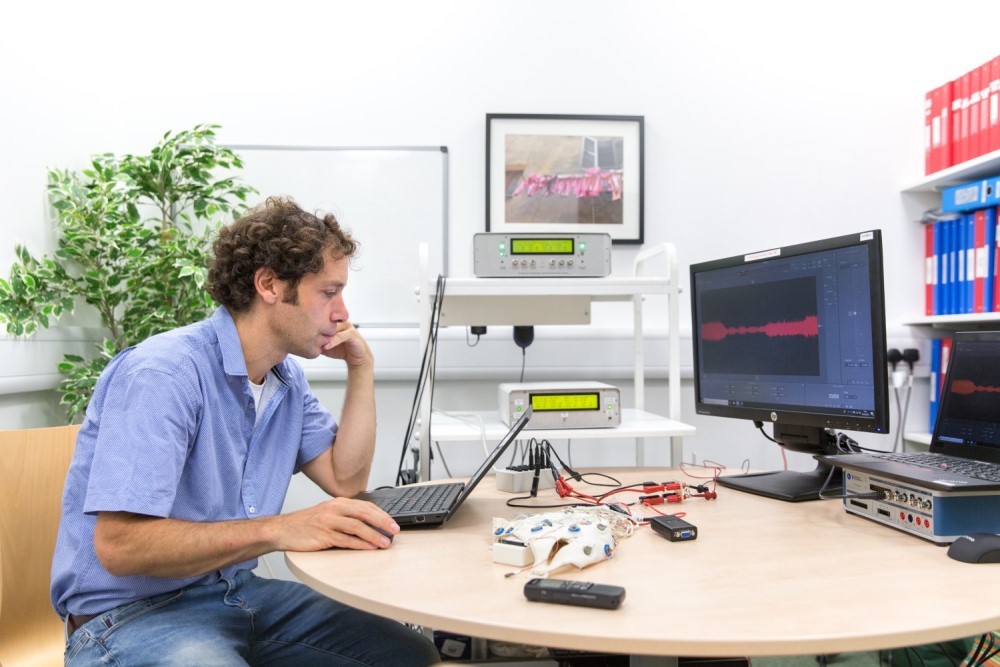
A team of researchers, led by Group Leader Dr Nir Grossman, UK DRI at Imperial College London, have been awarded a Transformative Healthcare Technologies Award from the Engineering and Physical Sciences Research Council (EPSRC). These funds will help with development and testing of non-invasive electrical deep brain stimulation technology, a potentially new and innovative way to treat Alzheimer’s disease.
03 Sept 2021
If you’re a dementia researcher, get involved in our social media campaign to raise awareness of the brilliant science taking place across the country. This World Alzheimer's Day (21 September 2021), we’re encouraging researchers to post an image or video of themselves or their research, with their motivation for studying dementia, and importantly the hashtags #WhyWeResearch and #WorldAlzheimersDay2021.
You can catch (and tag!) us on Twitter and on LinkedIn where we’ll be re-sharing your posts across the week.
01 Sept 2021
Also check out our interview with Prof Nick Fox (UK DRI at UCL) to mark The National Brain Appeal raising awareness of the work of Rare Dementia Support.
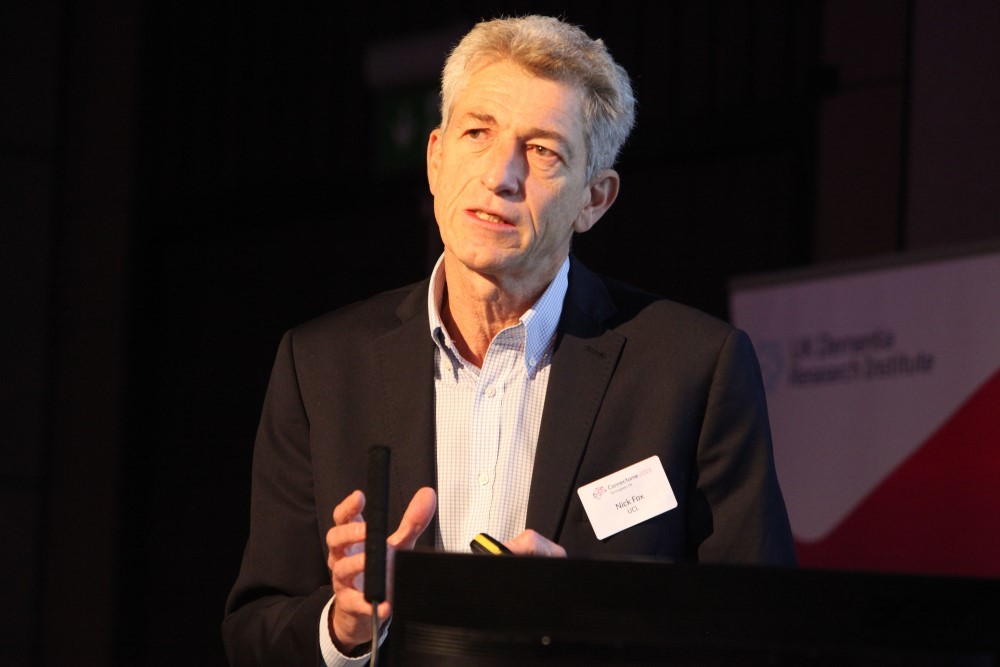
Whilst the most common diseases that cause dementia, such as Alzheimer’s and Parkinson’s, are well recognised, there is less recognition of, and support for, rare dementias. Prof Nick Fox, director of the Dementia Research Centre and UK DRI Group Leader at UCL, talks to us about the challenges faced by people living with rare dementias, the importance of Rare Dementia Support and the future of research into these conditions.
Blog published: 01 September 2021
Banner spotlight image: Copyright owned by UK DRI Ltd

